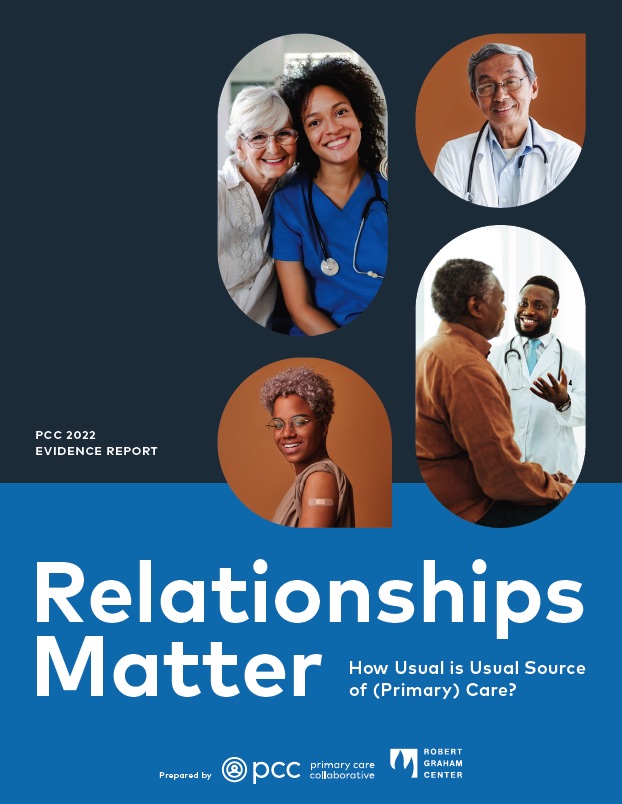On September 6, 2016, the Patient-Centered Primary Care Collaborative (PCPCC) submitted comments to the Centers for Medicare and Medicaid Services (CMS) on the proposed rule for the 2017 Medicare Physician Fee Schedule.
In the letter, the PCPCC advocates for the continued transition from volume-driven, fee-for-service payment toward risk-adjusted comprehensive primary care payment. The PCPCC also included specific comments on several issues related to high-performing primary care including:
- improving payment accuracy for primary care, care management, and patient-centered services;
- telehealth services;
- behavioral health;
- the Comprehensive Primary Care Plus Initiative;
- the Medicare Shared Savings ACO Program;
- expansion of the Medicare Diabetes Prevention Program;
- and provisions of the Medicare Access and CHIP Reauthorization Act (MACRA).
View the PCPCC's complete response in the PDF attachment below:




